Artificial intelligence (AI) is fast altering our way of life in modern society. It influences jobs in several different ways and sectors. Some see AI as a chance to raise output and efficiency, while others see it as a threat that could cause joblessness and less job security. Depending on how AI is incorporated into the workplace, it could assist or hinder employees.
Workers and companies depend on awareness of these consequences. The benefits and drawbacks of AI in the workplace are investigated in this guide. It examines how artificial intelligence shapes employment, responsibilities, and professional development. You will know in the end whether artificial intelligence presents a threat or an opportunity for your line of work.

AI revolutionizes sectors, including finance, healthcare, manufacturing, and expediting chores. Once managed by humans, it can rapidly analyze data, manage emails, and set meetings, automating chores. It lets staff members concentrate on more creative and challenging projects. AI guarantees correctness and lowers mistakes, thereby strengthening the dependability of procedures. In the office, it saves time and effort, therefore raising output.
Research and data analysis professionals can quickly handle vast amounts of data using artificial intelligence systems. Nowadays, experts can spend more time making conclusions than organizing facts. Artificial intelligence is a useful tool that improves human capacities instead of replacing them. AI controls individuals and enhances production by helping staff members enhance general performance.
The possible loss of jobs from automation raises one of the main issues with AI. Smart robots accomplish many chores that humans have always done. For instance, artificial intelligence chatbots in retail self-checkout systems and customer assistance are substituting for human labor. Particularly in danger are jobs in customer service, transportation, and retail.
Workers could be unemployed if they cannot adjust or acquire fresh skills. However, AI also presents fresh prospects in robotics, data science, and machine learning. Changing into these new jobs can be difficult, particularly for less seasoned or older employees. People have to make educational and training investments if they are to succeed in an AI-driven employment market. Many employees could battle unemployment as we advance without help.
Workers must learn new talents and hone their current ones to flourish in the AI age. Artificial intelligence cannot replace human inventiveness, emotions, or critical thinking, even if it can accomplish many tasks. Those who can work with artificial intelligence will have more prospects for professional development. Many businesses and internet resources train staff members to pick up useful skills.
Future employment highly demands coding, artificial intelligence tools, and data analysis courses. Workers attend seminars to develop their abilities and advance in their professions. Reskilling and being up-to-date help employees assume new responsibilities, whereas artificial intelligence improves jobs. Companies should help staff members learn using training initiatives. People may collaborate with artificial intelligence instead of fearing it with the appropriate abilities. Learning now guarantees a better future in an AI-driven industry.
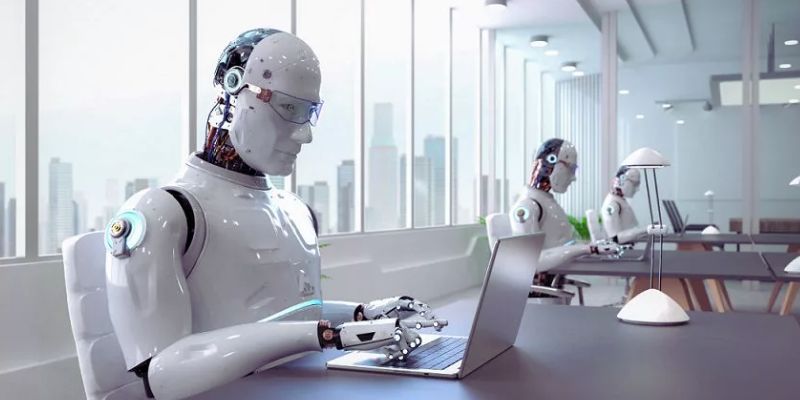
AI struggles with decisions requiring human judgment and experience, even if it can accomplish numerous tasks. Fields like law and medicine depend on people to render decisions. For instance, even if artificial intelligence techniques help diagnose, doctors choose the optimal course of treatment for each patient. Likewise, even if managers employ artificial intelligence to examine data, important corporate choices call for human leadership. AI cannot feel emotions or grasp social subtleties, unlike humans.
It makes human participation indispensable in all spheres. People provide empathy, background, and personal knowledge—qualities artificial intelligence lacks. AI is most suited as a technology that enhances rather than replaces human ability. Automation makes jobs that need expert judgment or communication safer. Although artificial intelligence is strong, it cannot completely replace the depth of human knowledge, creativity, and insight in decision-making.
Although artificial intelligence might replace some occupations, it generates interesting new career paths in expanding industries. Skilled people will be in increasing demand as more companies embrace artificial intelligence to create, oversee, and maintain AI systems. Across several sectors, roles similar to those of artificial intelligence developers, data scientists, and cybersecurity professionals are frequent. Though they demand specific knowledge, these positions provide decent pay, work stability, and growth possibilities.
AI opens the path for sectors we never imagined, as the internet generates new employment. New positions like AI ethicists and trainers responsible for ensuring AI is developed and used ethically are already beginning to appear in the employment market. While artificial intelligence changes the workforce, it will replace occupations and provide new and fascinating career routes with many future opportunities.
Ethical questions are growing in relevance as artificial intelligence alters the workplace. AI has to be applied sensibly and responsibly. It should be open and responsible, especially when making crucial decisions. A fundamental issue with artificial intelligence systems is bias. Biased AI systems can unfairly impact some groups of individuals. Both society and labor might suffer from this. The welfare of workers depends on artificial intelligence being just. Governments and businesses have to set policies to guard individuals.
As artificial intelligence grows more prevalent, these guidelines will help to stop exploitation and discrimination. As technology develops, safeguarding workers' rights becomes important. As we advance, new legislation will be required to balance artificial intelligence and human rights. We have to design rules guaranteeing fairness. Acting morally will help us ensure that artificial intelligence benefits everyone rather than only a few.
Artificial intelligence is changing the workplace and offering both possibilities and problems. Although some employment may be threatened by automation, it also opens new career routes in data science, artificial intelligence development, and cybersecurity. Those who welcome reskilling and upskilling will be more suited to flourish in an environment driven by artificial intelligence. The secret is to balance ethical issues with technology developments. How companies, governments, and people adjust will determine the direction of employment as artificial intelligence develops. Adopting AI sensibly will result in a more equitable, rich future for all.
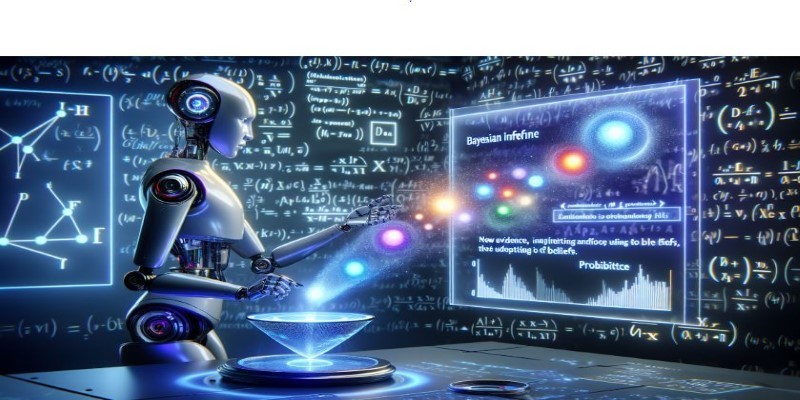
Explore the role of probability in AI and how it enables intelligent decision-making in uncertain environments. Learn how probabilistic models drive core AI functions
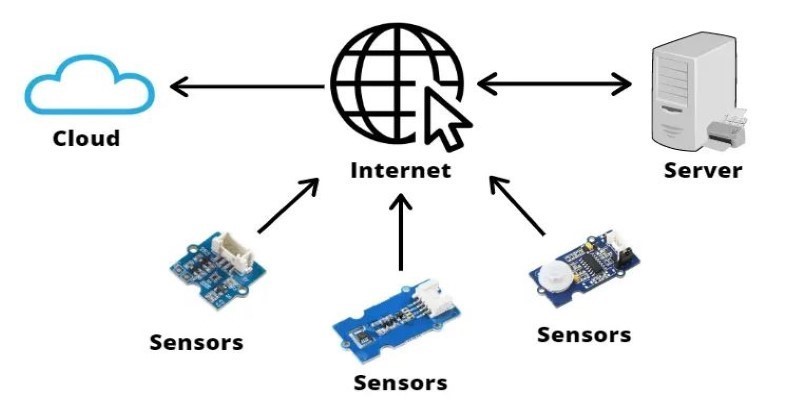
How Edge AI is transforming technology by running AI on local devices, enabling faster processing, better privacy, and smart performance without relying on the cloud

Nvidia Acquires Israeli AI Startup for $700M to expand its AI capabil-ities and integrate advanced optimization software into its platforms. Learn how this move impacts Nvidia’s strategy and the Israeli tech ecosystem
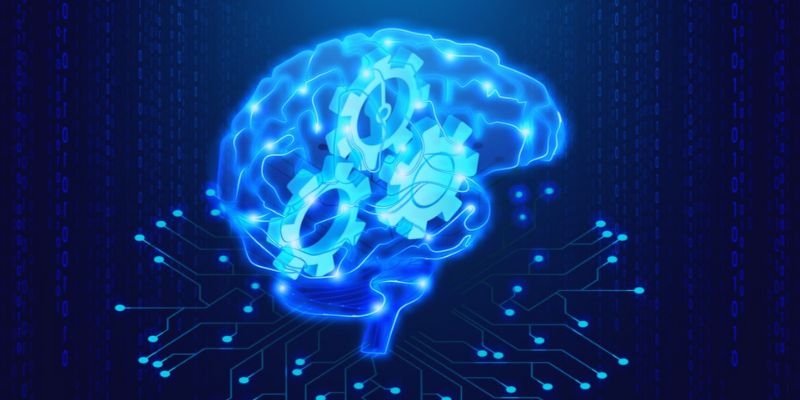
Know how to produce synthetic data for deep learning, conserve resources, and improve model accuracy by applying many methods

Elon Musk’s xAI unveils Grok 3, a smarter and more candid AI chatbot, and announces plans for a massive South Korean data center to power future innovations in artificial intelligence
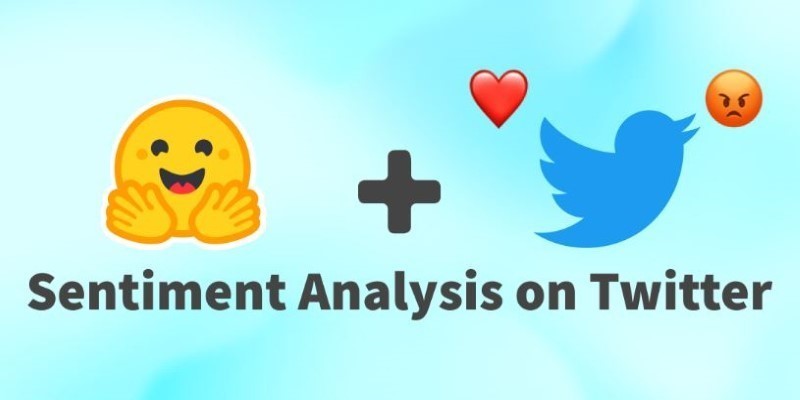
How to get started with sentiment analysis on Twitter. This beginner-friendly guide walks you through collecting tweets, analyzing sentiment, and turning social data into insight
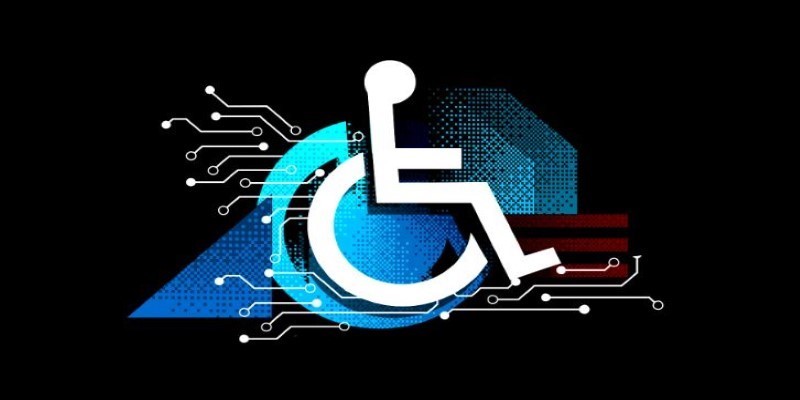
AI for Accessibility is transforming daily life by Assisting People with Disabilities through smart tools, voice assistants, and innovative solutions that promote independence and inclusion

Create profoundly relevant, highly engaging material using AI and psychographics that drives outcomes and increases participation

AI in Agriculture is revolutionizing farming with advanced crop monitoring and yield prediction tools, helping farmers improve productivity and sustainability

Natural Language Processing Succinctly and Deep Learning for NLP and Speech Recognition are the best books to master NLP
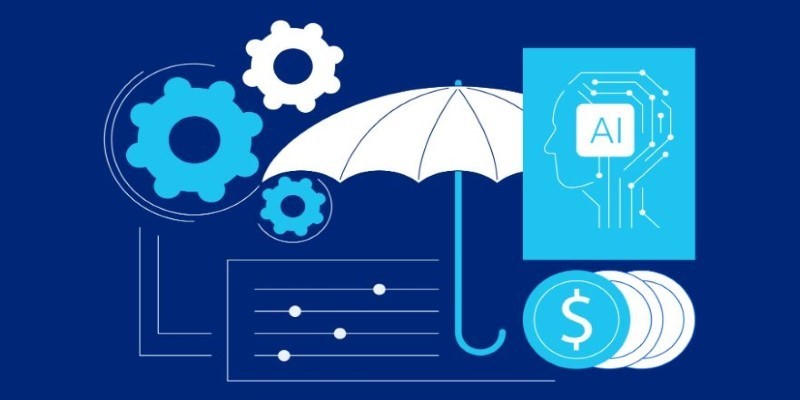
AI in insurance is transforming the industry with smarter risk assessment and faster claims processing. Discover how technology is improving accuracy, reducing fraud, and enhancing customer experience

AI in wearable technology is changing the way people track their health. Learn how smart devices use AI for real-time health monitoring, chronic care, and better wellness